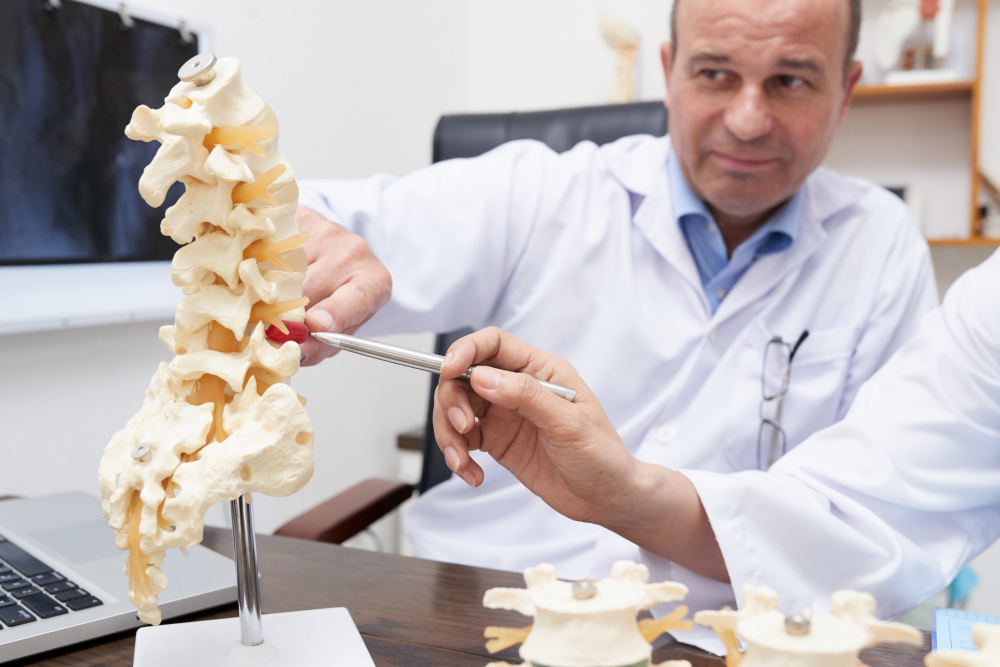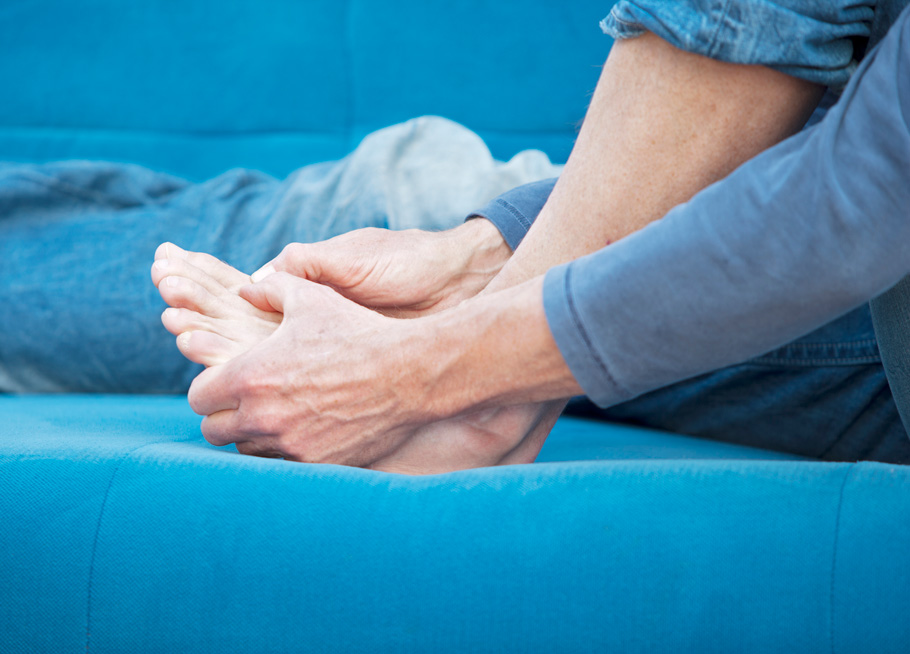
Osteoporosis is a medical condition characterised by weakened bones, leading to them becoming fragile and more likely to break. If you have been diagnosed with osteoporosis, it’s crucial to avoid certain activities and lifestyle choices to manage the condition effectively and prevent further bone damage. Understanding the do’s and don’ts is essential for maintaining your bone health and overall wellbeing.
Avoid High-Impact Exercises
Engaging in high-impact exercises can put excessive stress on your bones, increasing the risk of fractures. Examples include running, jumping, and activities that involve heavy lifting or sudden movements.
“Opt for low-impact exercises like swimming, walking, and yoga, which are safer and beneficial for improving bone density and muscle strength.”
Don’t Ignore Your Diet
Proper nutrition plays a critical role in managing osteoporosis. Ensure your diet is rich in calcium, vitamin D, and other essential nutrients. Avoid excessive alcohol consumption and smoking, as they can adversely affect bone health.
- Calcium-rich foods: milk, yogurt, cheese, and leafy green vegetables.
- Vitamin D sources: sunlight exposure, fortified foods, and supplements.
Avoiding Medication
Do not ignore or avoid taking prescribed medications for osteoporosis. These drugs help in reducing the risk of fractures by strengthening your bones.
Common Medications Include:
- Bisphosphonates
- Denosumab
- Teriparatide
Don’t Neglect Regular Health Checkups
Regular health checkups and bone density tests can help monitor the progress of the condition and the effectiveness of the treatment plan. Do not skip appointments with your healthcare provider.
Avoid Falls
Falls can result in severe fractures for individuals with osteoporosis. Make your living environment safer by eliminating tripping hazards, installing grab bars and using non-slip mats.
| Tips to Prevent Falls |
| Remove clutter from floors and walkways |
| Install adequate lighting |
| Use non-slip mats in the bathroom |
| Wear non-skid shoes |
Conclusion
Managing osteoporosis involves awareness and a proactive approach towards your health and lifestyle choices. Avoiding high-impact exercises, taking prescribed medications, focusing on nutrition, regular health checkups, and taking measures to prevent falls are essential steps in effectively dealing with osteoporosis.
Article by Dr. Naveen Bhadauria



